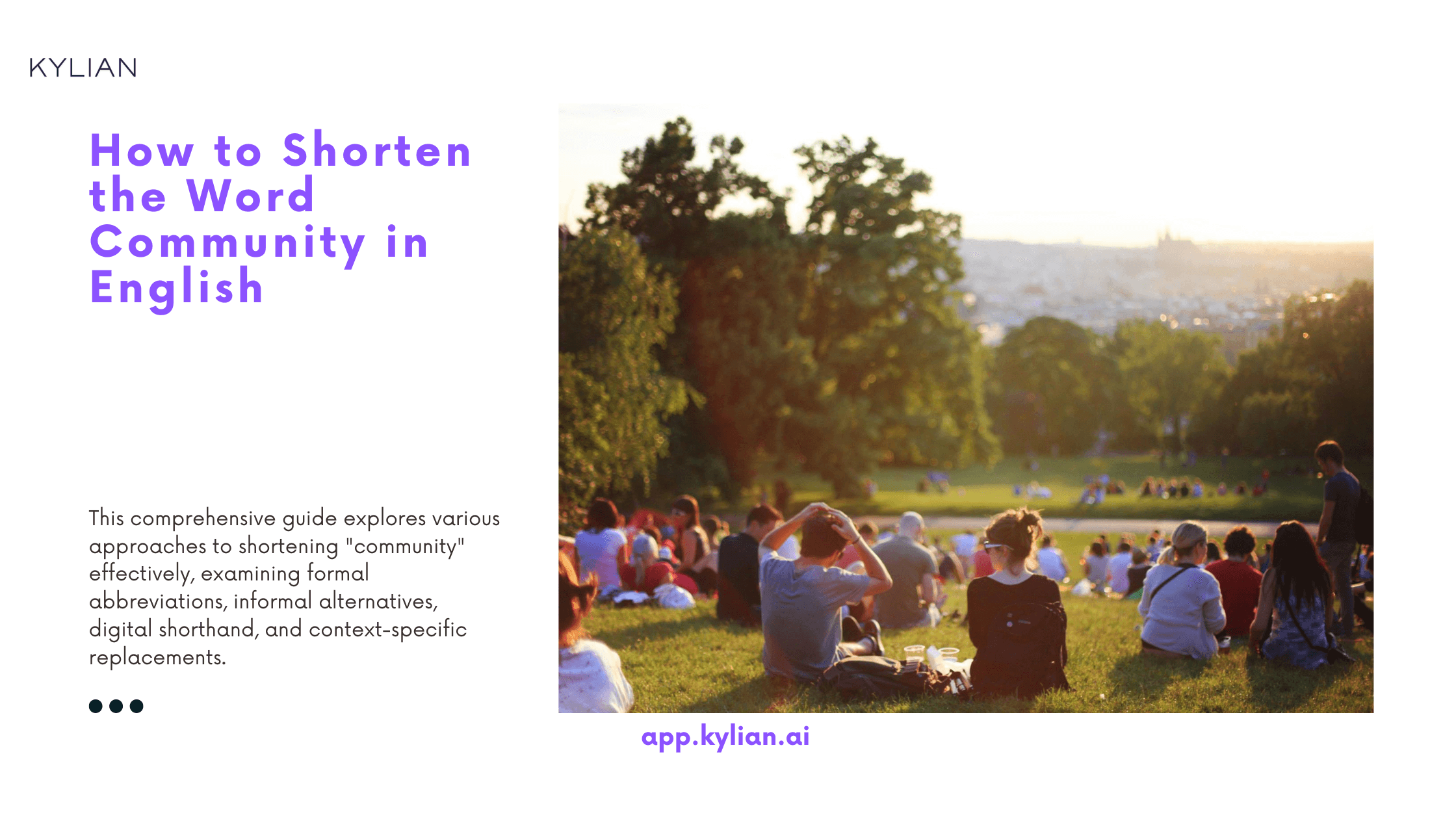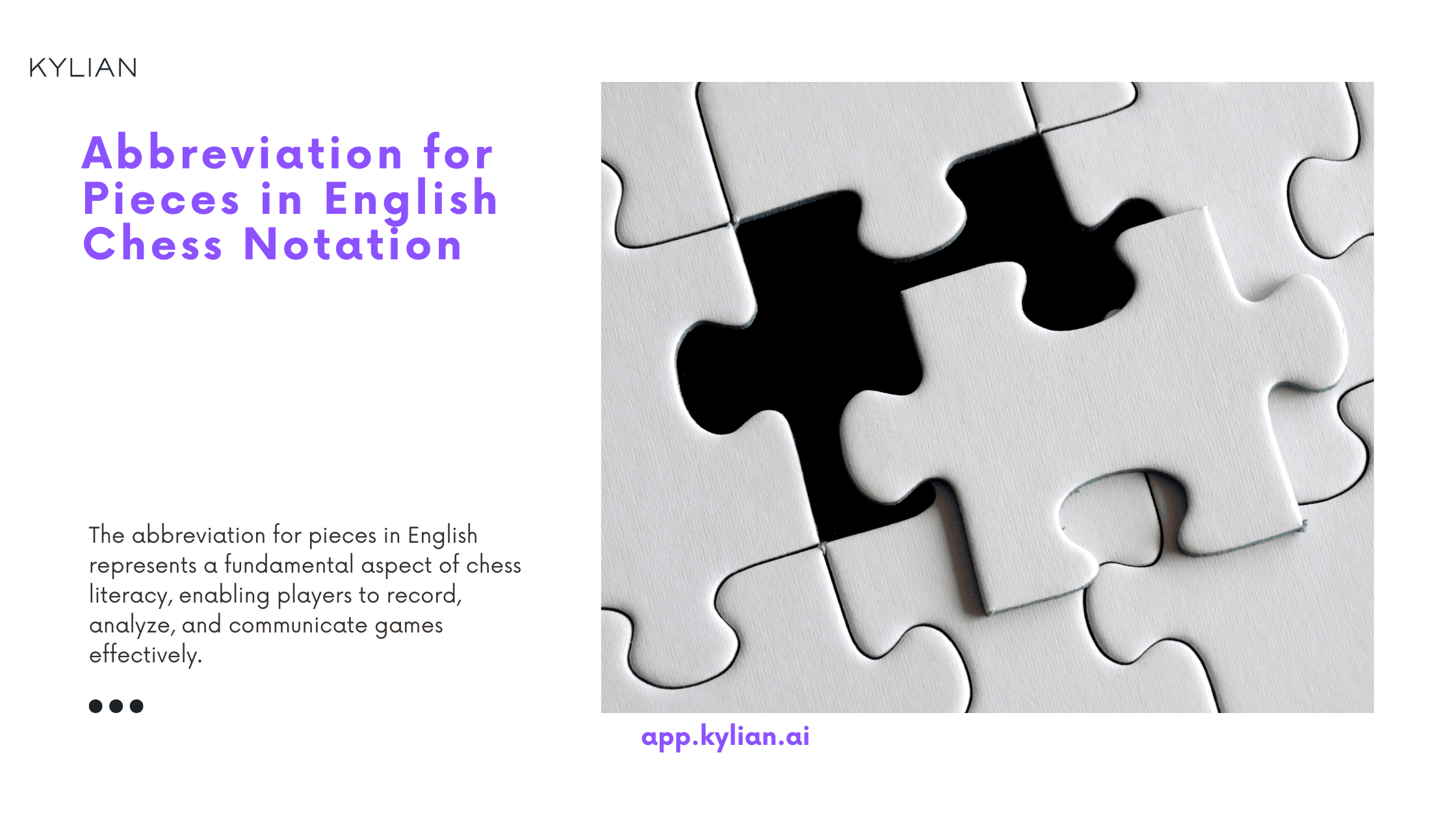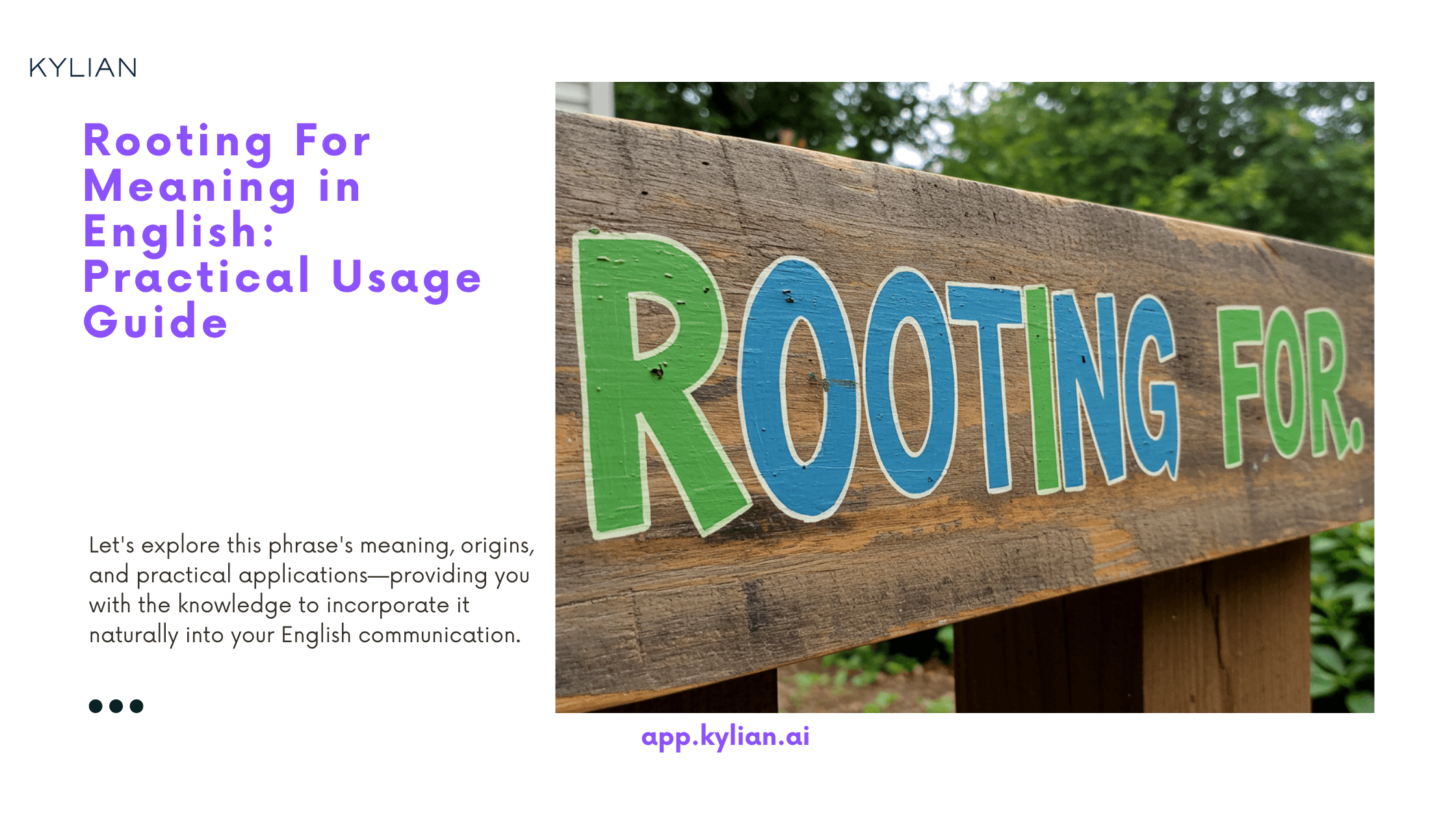

20 Best Countries to Live in 2025: Your Ultimate Guide
Finding your ideal destination to build a new life requires careful consideration of numerous factors. Whether you're seeking career advancement opportunities or creating a nurturing environment for your family, selecting the right country is a decision that warrants thorough research and reflection. From the culturally rich urban centers of Japan to the breathtaking natural landscapes of New Zealand, global opportunities abound for those with an adventurous spirit and desire for fresh beginnings. Yet with countless possibilities available, identifying the perfect location to call home presents a significant challenge.


Common English Interjections with Examples
Wow! Huh? Really? Awesome! Interjections inject emotional immediacy into our language, turning mundane exchanges into vibrant conversations. Interjections serve as linguistic shorthand for complex emotional states—surprise, agreement, disgust, or celebration—all conveyed in a syllable or two. These expressive utterances form the backbone of natural-sounding English conversation but often receive inadequate attention in traditional language instruction.


How to Memorize Vocabulary: 12 Powerful Techniques
Learning new vocabulary is an essential cornerstone of language acquisition. Each word you master becomes a building block toward fluent communication. While the journey of vocabulary development requires persistence, implementing strategic memorization techniques can significantly accelerate your progress. The acquisition of new words presents both challenges and rewards. The satisfaction of expressing yourself precisely in English hinges on having access to the right vocabulary at the right moment. Let's explore proven methods to efficiently commit new English words to memory.


The Eszett: Mastering the Unique German ß Character
The German language contains a character that often puzzles language learners and sometimes even native speakers: the Eszett (ß). This distinctive character represents a crucial aspect of German orthography and has a fascinating history that reflects the evolution of the language itself. Understanding when and how to use the Eszett correctly is essential for anyone serious about mastering German writing.
![What is the meaning of full name? [English]](/_next/image?url=https%3A%2F%2Fcdn.sanity.io%2Fimages%2F147z5m2d%2Fproduction%2F6d19a203c45e1a15650e737760610d6b9576bb49-2240x1260.png&w=3840&q=75)

What is the meaning of full name? [English]
A person's full name serves as their fundamental identifier in society. Beyond mere words on paper, it establishes legal identity, cultural connection, and personal heritage. Yet many remain unaware of the precise definition, contextual applications, and cross-cultural variations of full names. Let's examine the concept comprehensively.
![Would It Be Bared or Beared Fruit? [English]](/_next/image?url=https%3A%2F%2Fcdn.sanity.io%2Fimages%2F147z5m2d%2Fproduction%2Fc39d9a7d8b72b0f448a682b576b1d2733ca19da8-2240x1260.png&w=3840&q=75)

Would It Be Bared or Beared Fruit? [English]
Language precision matters significantly in professional and academic contexts. The subtle distinction between similar-sounding phrases often separates effective communication from misunderstanding. The expression "to bear fruit" represents one such linguistic nuance that challenges many English speakers, particularly when forming its past tense. Should one write "bared fruit" or "beared fruit"? This question highlights the complexities of English verb conjugation and idiomatic expressions. Understanding the correct form requires examining the origin, meaning, and grammatical structure of this phrase. This matters because precision in language reflects clarity of thought and enhances credibility in written and spoken communication. The consistent misuse of such phrases can undermine otherwise compelling arguments and professional presentations.


"What’s the Plural of 'Princess' in English?"
Language evolution fascinates both linguistics experts and everyday speakers alike. The formation of plurals in English presents various patterns and exceptions that merit deeper examination. When it comes to words ending in "-ess," such as "princess," understanding the correct plural form becomes particularly important for precise communication.


Why Is 'Told' the Past Tense of 'Tell'? Complete Explanation
The English language presents a fascinating tapestry of patterns and exceptions that reflect its complex historical evolution. One particular area that often challenges both native speakers and language learners is verb conjugation, especially when dealing with irregular verbs. Among these, the verb "tell" stands as a compelling case study—transforming into "told" in the past tense rather than following the regular pattern of adding "-ed." This irregularity isn't random but represents a linguistic window into the deeper historical processes that have shaped Modern English. Understanding why "tell" becomes "told" requires us to examine the historical development of English, the linguistic mechanisms of sound change, and the classification systems that help us make sense of irregular verb patterns. By exploring these elements, we gain not only practical knowledge of English grammar but also insight into how languages evolve and maintain vestiges of their historical development even as they change.


Past Tense of 'Wear' in English: A Comprehensive Guide
Understanding English verb conjugation presents unique challenges for language learners. The past tense of "wear" exemplifies the complexity of irregular verbs and their distinct conjugation patterns. This comprehensive analysis explores how "wear" transforms across tenses, with special focus on its past forms and usage contexts.


What Is The Plural of Sky in English
Language evolves continuously, reflecting the complex interplay between established grammatical rules and everyday usage. The plural form of "sky" represents one such linguistic intersection where convention meets practicality. Understanding when to use "skies" versus the less common "skys" provides insight into the nuanced mechanics of English pluralization.


At the beginning or in the beginning? Key nuances in English
Precision in language separates clarity from confusion. The subtle distinction between "at the beginning" and "in the beginning" often eludes even proficient English speakers, yet understanding this nuance fundamentally affects both meaning and context. This distinction represents more than mere preposition choice—it reflects different temporal and spatial relationships that shape how we communicate sequence, origin, and position. For language learners and writers alike, mastering these prepositional phrases elevates communication from functional to precise. The 78% of non-native English speakers who identify prepositions as their most challenging grammatical element demonstrates why this distinction matters. Let's deconstruct the essential differences that will transform how you select between these seemingly interchangeable yet distinctly different expressions.


How to Shorten the Word Community in English
Communication evolves constantly, adapting to our need for efficiency without sacrificing meaning. The word "community" appears frequently in professional and casual contexts, but its five syllables can sometimes hinder concise expression, especially in character-limited spaces or rapid exchanges. This comprehensive guide explores various approaches to shortening "community" effectively, examining formal abbreviations, informal alternatives, digital shorthand, and context-specific replacements. You'll discover when each option proves most appropriate and how to maintain clarity while economizing your language.


The Plural of Matrix in English: Matrices or Matrixes?
Language embodies complexity, precision, and evolution—nowhere is this more evident than in the pluralization of borrowed words. The term "matrix" presents a fascinating case study in linguistic adaptation and grammatical nuance. When communicating effectively in English, understanding the correct plural form becomes essential for clarity in fields ranging from mathematics to cultural discourse.


Abbreviation for Pieces in English Chess Notation
Chess notation serves as the universal language that connects players across borders and skill levels. The abbreviation for pieces in English represents a fundamental aspect of chess literacy, enabling players to record, analyze, and communicate games effectively. Understanding these abbreviated symbols unlocks access to centuries of chess knowledge and facilitates participation in the global chess community.


Directive Sentences in English: Complete Guide
Communication hinges on our ability to express intentions clearly. When we need someone to perform an action, we turn to directive sentences—fundamental structures that drive human interaction across contexts from casual conversations to professional environments. This comprehensive guide unpacks directive sentences in English: their definition, types, formation principles, and practical applications that distinguish effective communication from ineffective attempts at instruction.


Road Abbreviations in English: The Guide
Road abbreviations serve as critical linguistic shortcuts that streamline communication, particularly in addresses, navigation systems, and traffic signs. Understanding these abbreviated forms isn't merely an academic exercise—it's a practical necessity for anyone navigating English-speaking territories, whether physically or through correspondence.


English Slang: Bagging's Meaning, Use & Culture
Language evolves continuously, reflecting cultural shifts, social dynamics, and communicative needs of its speakers. Among the most fascinating linguistic phenomena is "bagging" - a slang practice that has penetrated English vernacular with remarkable persistence. This linguistic behavior, where individuals verbally criticize, mock, or disparage others, represents more than mere wordplay; it embodies power dynamics, social hierarchies, and cultural identities that deserve critical examination. The significance of understanding bagging extends beyond academic curiosity. In an era where communication increasingly occurs in digital spaces, the impact of verbal jousting carries profound implications for social interactions, psychological well-being, and community building. By analyzing the origins, functions, and variations of bagging across different English-speaking communities, we gain valuable insights into contemporary communication patterns that influence everything from casual conversations to professional interactions. This exploration delves into the nuanced world of bagging expressions, tracing their historical roots, examining their sociological functions, and navigating their complex ethical implications. Whether you're a language enthusiast, sociologist, educator, or simply curious about linguistic phenomena, understanding bagging provides a unique window into how language simultaneously divides and unites us.


Rooting For Meaning in English: Practical Usage Guide
Sports fans cheer wildly as their team scores the winning goal. Parents sit anxiously at school competitions, silently mouthing encouragement for their children. Friends send supportive messages before a job interview. These scenarios share a common thread—people "rooting for" someone or something they want to succeed. This expression, deeply embedded in English communication, extends far beyond simple support. It carries emotional weight, cultural significance, and contextual nuances that make it both powerful and occasionally challenging for English learners to master. Understanding when and how to use "rooting for" opens a window into authentic English expression and cultural connection. Let's explore this phrase's meaning, origins, and practical applications—providing you with the knowledge to incorporate it naturally into your English communication.
![What is the abbreviation for yards? [English]](/_next/image?url=https%3A%2F%2Fcdn.sanity.io%2Fimages%2F147z5m2d%2Fproduction%2F4079cd1014fbfe6e6358690419279de3cf570825-2240x1260.png&w=3840&q=75)

What is the abbreviation for yards? [English]
The standard abbreviation for yards is "yd." When measuring distances, particularly in countries using the imperial system, this two-letter abbreviation represents the unit of length equal to three feet or 36 inches. Understanding this abbreviation is essential for accurate communication in various contexts, from sports and construction to fabric purchasing and everyday measurements.


Boost Your Vocabulary with English Adjective Synonyms
Language acquisition extends far beyond memorizing words and phrases. It demands the ability to deploy these linguistic tools seamlessly in everyday conversation without hesitation. This represents the fundamental distinction between passive vocabulary recognition and active vocabulary implementation. Contemporary communication has become saturated with predictable, overused terminology that barely registers in our consciousness. Replacing these mundane expressions with vivid alternatives transforms your communication into something more compelling and emotionally resonant. For writers, a robust English vocabulary enables the development of a distinctive voice and establishes the atmospheric elements of your work. Consider the stark difference between "the weather was bad" and a more nuanced description that creates a specific emotional landscape for readers. English language learners preparing for standardized tests like IELTS (British English-focused) or TOEFL (American English-focused) gain significant advantages from vocabulary enhancement. Their performance metrics directly correlate with lexical diversity and precision. While numerous methodologies exist for vocabulary development, mastering synonyms and incorporating them consistently represents one of the most efficient pathways to linguistic sophistication.


Japanese Punctuation: A Complete Reading & Writing Guide
Learning Japanese demands significant effort—mastering three writing systems, thousands of characters, and complex grammar rules. Many language learners focus exclusively on vocabulary and grammar while overlooking a crucial aspect that can dramatically improve comprehension: punctuation. Japanese punctuation serves as the scaffolding that organizes written language, making it possible to navigate complex sentences with clarity. Understanding these marks doesn't just help with reading—it transforms your writing abilities and strengthens your overall language proficiency.


Mastering Negation in German: Rules and Applications
Learning how to express negation correctly forms a critical foundation for German language proficiency. The ability to transform affirmative statements into their negative counterparts allows learners to communicate with precision and nuance. This comprehensive guide examines the German negation system, providing clarity on when to use "nicht" versus "kein," proper word placement, and common pitfalls to avoid.


Global Urban Pace: Where City Life Moves Fastest
Time has become our most precious commodity. As metropolitan centers continue to expand and intensify, the question emerges: where are the world's busiest cities, and what makes them tick at such relentless paces? Finding moments to develop new skills—particularly language learning—often feels impossible amid the constant motion of urban life. Yet paradoxically, activities like language acquisition can serve as essential counterbalances to our hectic routines. The NHS recognizes language learning as beneficial for mental wellbeing, offering a path to relaxation in increasingly demanding environments. This exploration analyzes global capitals through multiple dimensions of "busyness": population density, working hours, sleep patterns, infrastructure for recreation and education, entrepreneurial activity, and more. By understanding these patterns, we can better navigate the delicate balance between productivity and personal development in urban environments.


Diagnoses or Diagnosis: Which Form is Correct in English?
Language precision matters, particularly in specialized fields like medicine, where the distinction between singular and plural forms can significantly impact communication clarity. The terms "diagnosis" and "diagnoses" represent a prime example of this linguistic specificity. Their correct usage differs contextually, and misapplying them can lead to miscommunication in critical situations.